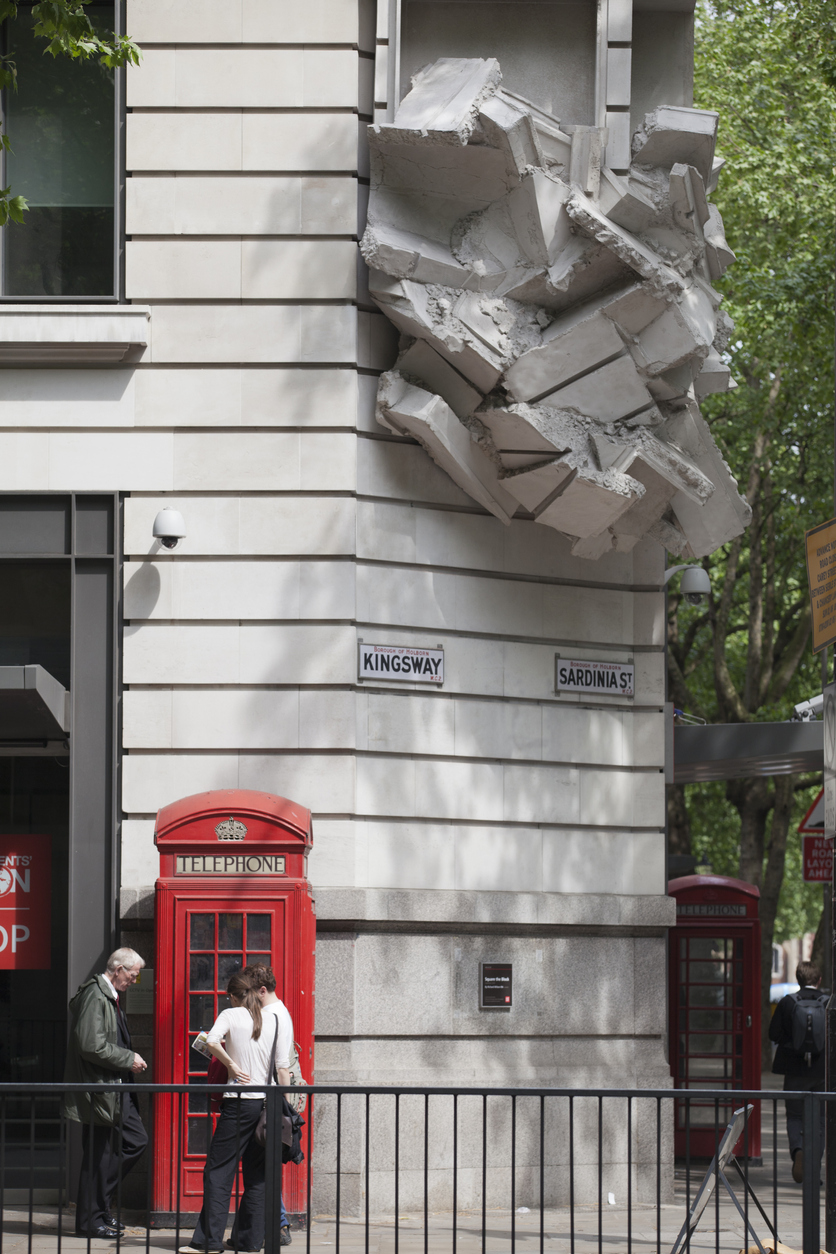Whether an insurer acted in bad faith is not always a clear. The resolution of a bad faith claim depends on the particular facts of each loss, when the insurer became aware of the facts, and the insurer’s intent in reacting to them. Often, a full trial is necessary to develop and present the facts necessary to resolve a bad faith claim.
Chad Empey’s home was insured by Allied Property and Casualty Insurance Company ("Allied"). While he was out of town, his home was vandalized. Personal property was stolen, faucets were left opened and water flooded the home, cement was poured into the toilets and hammers were used to damage all cabinets, walls, a door, and several other parts of the home.
The same day Mr. Empey learned of the damage, he gave notice to Allied. After many meetings and exchanges of information, Mr. Empey and Allied were unable to agree upon the amount of the loss. Mr. Empey decided to file a lawsuit against Allied, claiming that Allied breached the insurance contract and the implied covenant of good faith. He asked the court to determine the parties’ rights under the policy.
In California, the general law of bad faith provides:
California law recognizes in every contract, including insurance policies, an implied covenant of good faith and fair dealing…In the insurance context, the implied covenant of good faith and fair dealing requires the insurer to refrain from injuring its insured’s right to receive the benefits of the insurance agreement…In order to state a claim for bad faith, a plaintiff has the burden of showing that (1) the insurer withheld policy benefits, and (2) that the withholding was unreasonable and without proper cause.
When deciding whether Mr. Empey’s bad faith claim met the standard above, the Northern District of California could not determine which estimate of damages was correct – Mr. Empey’s estimate or Allied’s estimate, and whether Allied had a reasonable basis for its decision to pay $154,485 less on the dwelling claim than the amount estimated by Mr. Empey’s general contractor. It was also unclear whether Allied’s estimate included all of the covered repairs. Finally, the Court was unable to confirm that Allied unreasonably delayed processing the dwelling claim.
The Court also had difficulty deciding whether Allied improperly delayed processing the personal property claim. There was evidence suggesting that Allied did not provide Mr. Empey or his representatives with information they would have needed to prepare a proper proof of loss statement. However, the Court was unable to definitively find that Allied’s failure to provide that evidence was unreasonable.
Because of the substantial lack of evidence at the pleading stage, the court decided that these issues would have to be determined by a jury.
A copy of the Order is available here.




